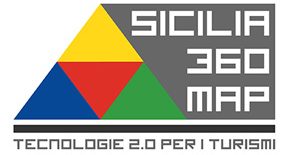Startups can make use of a virtual dataroom (VDR) to speed up fundraising. This is done by providing the documentation investors may require. This could include detailed revenue projections, IP ownership documentation, and financial records that are detailed. This navigate here information, along with a pitch deck can help prospective investors determine whether or not to invest in a company.
It is crucial to remember that, even with the ease of access provided by VDRs, even with the ease of access provided by VDR due diligence shouldn’t be taken lightly. Founders should take the time to organize and label files and folders and also use consistent naming conventions and metadata when uploading them. Separating related documents for each transaction or project will help users find the information quickly. It is also essential to limit the amount of information that can be accessed and to update the data room frequently to reflect any changes or new documents. Financial statements or contracts that are outdated or outdated can be confusing to prospective investors and partners.
Additionally, founders shouldn’t share the same metrics for each VDR presentation. For instance, when sharing engagement or retention data, it’s crucial to share the entire metric, not only a subset of the most promising users. This can detract from the message you want to communicate and may suggest that you don’t have full grasp on your data. Share the data that is most important for your audience. This will keep your viewers interested and will help them be aware of the implications and results.




